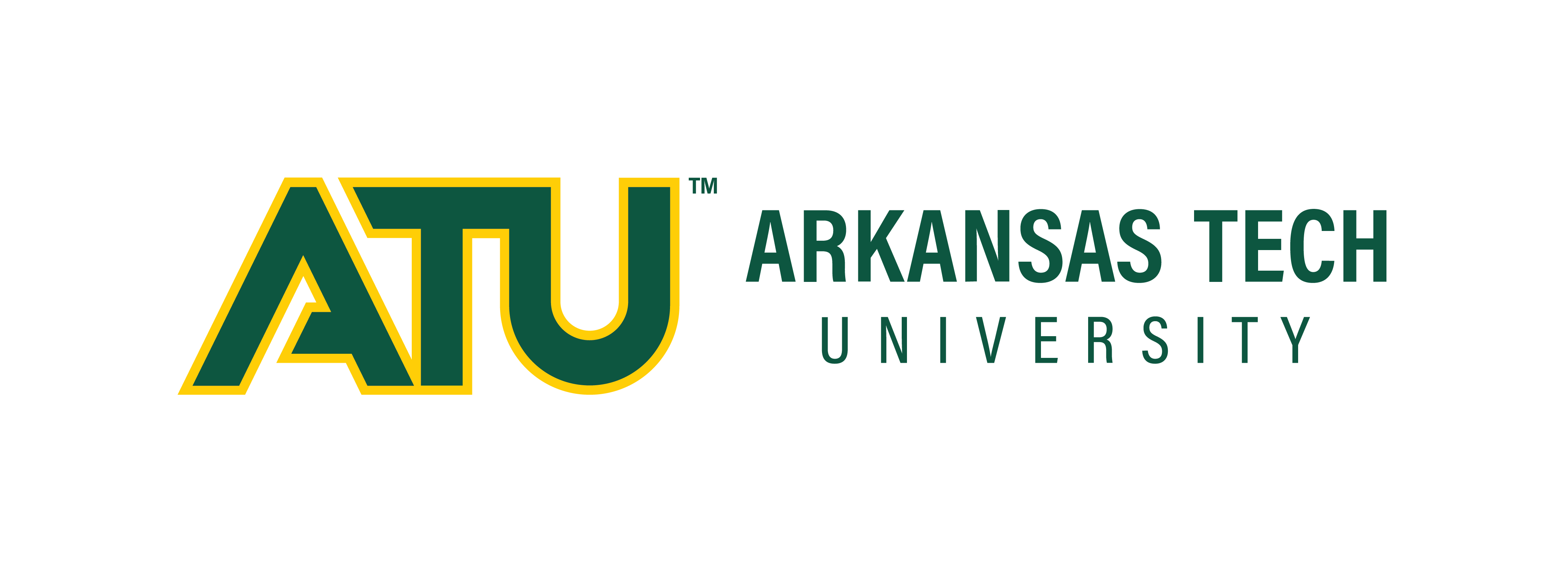Document Type
Presentation
Loading...
Location
Online
Start Date
7-4-2022 10:00 AM
End Date
12-4-2044 10:00 AM
Abstract
Abstract
THE IMPACT OF THE SCIENCE OF READING TRAINING ON THE NWEA MAP TEST SCORES OF ELEMENTARY AFRICAN AMERICAN STUDENTS IN A CENTRAL ARKANSAS SCHOOL DISTRICT
Katina Latrice Simpson-Ray
The state of Arkansas adopted ACT 1063 in 2017, which was designed to improve reading achievement for all students. Included in the law was the requirement that “curriculum programs that are supported by the science of reading and based on instruction that is explicit, systematic, cumulative, and diagnostic be implemented (Division of Elementary and Secondary Education, 2020). All K12 teachers and administrators, as well as higher education institutions, were required to participate in the Science of Reading Training. While many states have also adopted these practices, scientifically based reading research has yet to fully transform instructional practice (Castles et al., 2018), thereby leaving a science-to-practice gap. This gap has proven challenging to close for African American students (Seidenberg, 2017). In this quantitative, causal-comparative research study the researcher examined if the Science of Reading Training was effective in improving the reading achievement scores of African American students on the NWEA MAP Test in grades 1, 2, and 3 in Tier I, Tier II, and Tier III schools in a Central Arkansas School District. A sample of 2,086 first, second, and third-grade students enrolled in an urban Arkansas public school district during the 2020-2021 school year was included in the study. The data were analyzed using descriptive statistics, analysis of variance (ANOVA), and independent samples t-test. The findings from the study indicated the Science of Reading Training did not make a statistically significant difference on the NWEA MAP Test for the African American students in this sample. The information obtained in this study can be instructive for educators in the beginning stages of implementation of the science of reading.
Keywords: NWEA MAP Test; Science of Reading
Recommended Citation
Simpson-Ray, Katina Dr., "The Impact of the Science of Reading Training on the NWEA MAP Test Scores of African American Students in a Central Arkansas School District" (2022). ATU Scholars Symposium. 1.
https://orc.library.atu.edu/atu_rs/2022/graduate/1
Included in
Curriculum and Instruction Commons, Educational Assessment, Evaluation, and Research Commons, Educational Leadership Commons, Elementary Education Commons
The Impact of the Science of Reading Training on the NWEA MAP Test Scores of African American Students in a Central Arkansas School District
Online
Abstract
THE IMPACT OF THE SCIENCE OF READING TRAINING ON THE NWEA MAP TEST SCORES OF ELEMENTARY AFRICAN AMERICAN STUDENTS IN A CENTRAL ARKANSAS SCHOOL DISTRICT
Katina Latrice Simpson-Ray
The state of Arkansas adopted ACT 1063 in 2017, which was designed to improve reading achievement for all students. Included in the law was the requirement that “curriculum programs that are supported by the science of reading and based on instruction that is explicit, systematic, cumulative, and diagnostic be implemented (Division of Elementary and Secondary Education, 2020). All K12 teachers and administrators, as well as higher education institutions, were required to participate in the Science of Reading Training. While many states have also adopted these practices, scientifically based reading research has yet to fully transform instructional practice (Castles et al., 2018), thereby leaving a science-to-practice gap. This gap has proven challenging to close for African American students (Seidenberg, 2017). In this quantitative, causal-comparative research study the researcher examined if the Science of Reading Training was effective in improving the reading achievement scores of African American students on the NWEA MAP Test in grades 1, 2, and 3 in Tier I, Tier II, and Tier III schools in a Central Arkansas School District. A sample of 2,086 first, second, and third-grade students enrolled in an urban Arkansas public school district during the 2020-2021 school year was included in the study. The data were analyzed using descriptive statistics, analysis of variance (ANOVA), and independent samples t-test. The findings from the study indicated the Science of Reading Training did not make a statistically significant difference on the NWEA MAP Test for the African American students in this sample. The information obtained in this study can be instructive for educators in the beginning stages of implementation of the science of reading.
Keywords: NWEA MAP Test; Science of Reading


